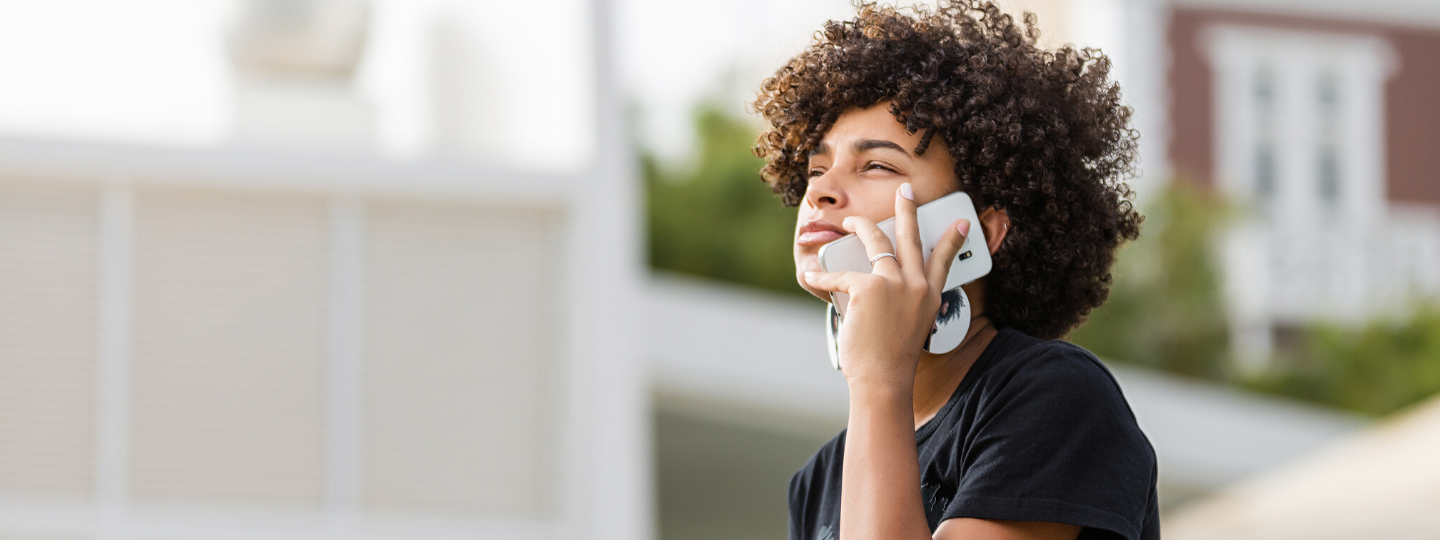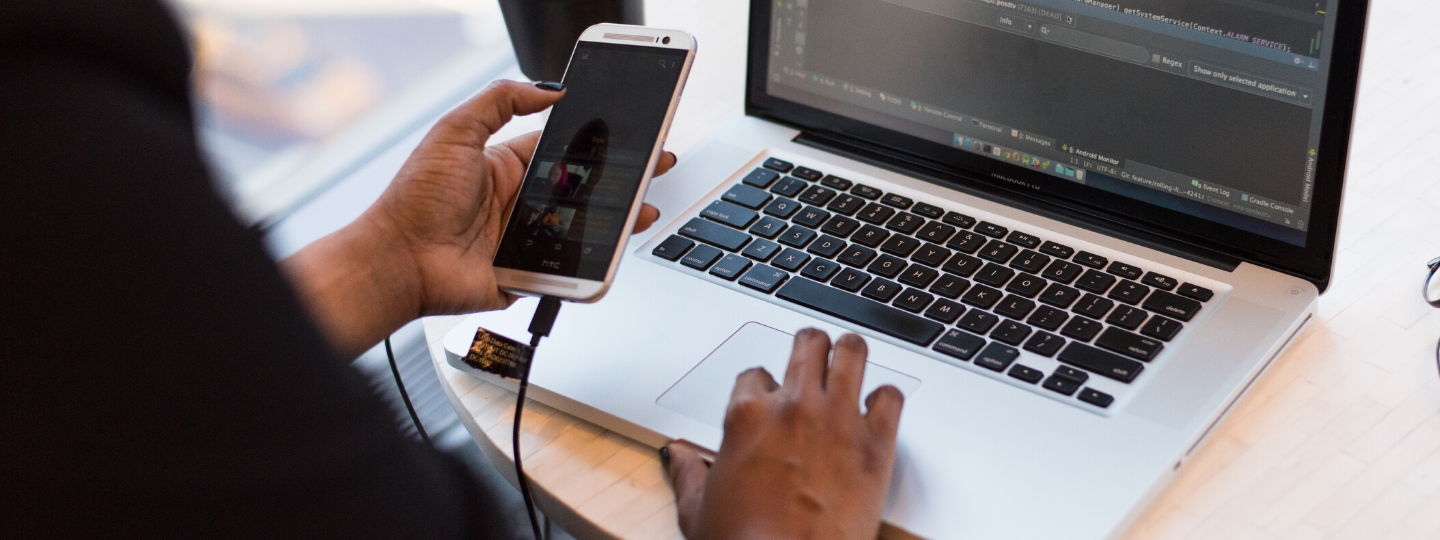Mental health apps
Mental health apps
We are often asked which are the best mental health apps, so we evaluated a list of popular apps.
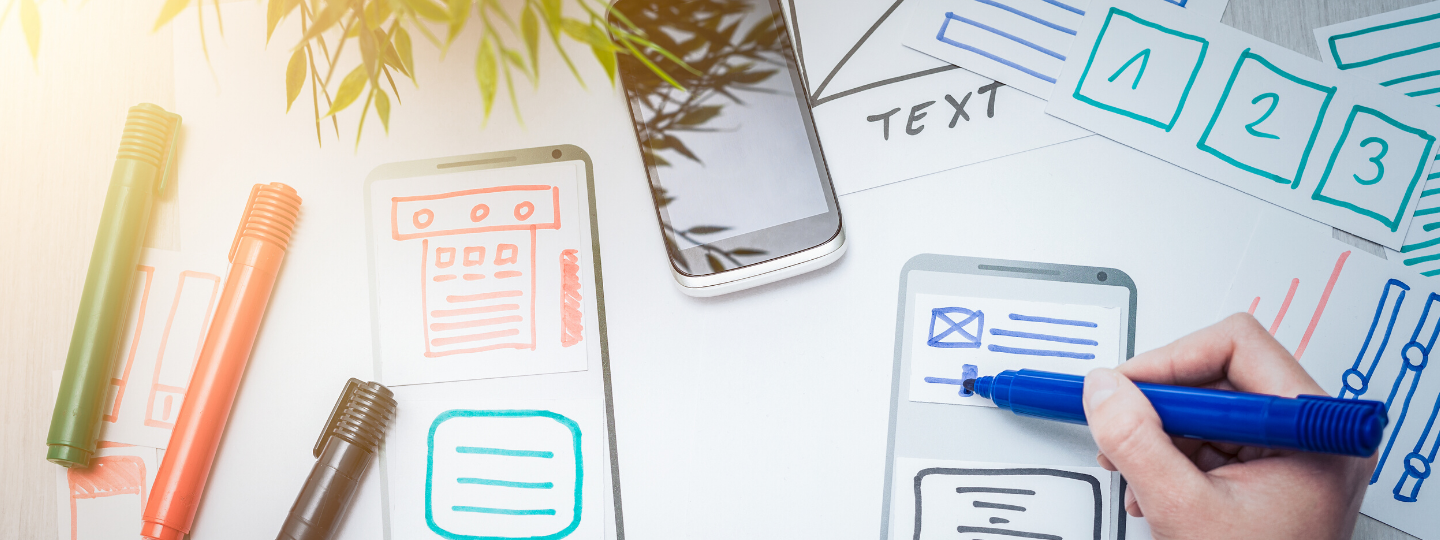
The App Store or Google Play host thousands of apps claiming to help people with their mental health.
With so many to choose from, it can be hard to know where to start, or which to trust.
What are the best mental health apps?
At Jigsaw, we are often asked which are the best apps for anxiety, or what ones we would recommend. Research and evidence are important parts of our work so we can really stand behind what we say.
To ensure we recommend safe apps to use, we embarked on a review project with funding from ESB Energy for Generations,. The aim was to identify apps that might be helpful to young people in managing their mental health.
Jigsaw's app review process
Initially, we asked clinicians working in Jigsaw, and some young people who volunteer with us, which apps they used. We then looked through popular mental health websites to see recommended apps there. This helped us come up with a list of apps relevant to youth mental health that are free to use.
The next step was to find users and review these apps in depth. For each, we asked a member of staff from Jigsaw and one of our young volunteers to download it. Then to play around with the app and complete a questionnaire about their experience. The questionnaire included the Mobile Application Rating Scale, which looks at engagement, functionality, aesthetics, information, and subjective quality.
Apps rated highly by both a staff member and a young person were then double-checked. This was to make sure the content was accurate from a clinical perspective. Find the list of apps that made the cut below.
Does it do what it says?
We found very few evidence based mental health apps that are free. Although some make big claims about improving mental health, take these with a pinch of salt. More research is needed to see whether an app can make significant improvements to people’s mental health.
Look in the app description on the App Store or Google Play for evidence the developer can provide on this. If possible, check on the app website. Evidence is more than user testimonials, but details of actual clinical trials.
It’s a good idea to see how the development was funded. App development can be quite expensive, which is a reason so few are clinically evaluated. So ultimately it’s good to know who’s paying for it and why.
Also, don’t buy an app or subscription unless you have tried the free version first. And you think it might work well for your needs.
Safety considerations
When downloading a mental health app, consider what data it asks for. Try to find out what it does with your data, and whether it will be shared with others. Decide whether you are comfortable with this.
Some apps act as links to online chat rooms and communities. Some users might see this as a bonus, for others it could be a worry. Check whether an app has links to an online community before you download it.
There is no ‘perfect’ app when it comes to mental health. Different ones suit different people at different times. The beauty of apps is that you can download and play around with them. Then, if they are not helpful, you can delete them. Hopefully, the list below will point you in the direction of some to try.
There are plenty of apps that are good for mental health, but that may not be their main objective. You might find playing certain games can calm your anxiety. Or writing things down in a notepad on your phone helps your mood.
Apps are just one of the many ways to look after mental health. Take a look at ‘Five a day’ and ‘when do I need to get help for my mental health?
Mental health apps we recommend

Booster Buddy was created in collaboration with teens and young adults with lived experience of poor mental health.
Features include:
- Mood check-ins
- Crisis planning
- Writing coping statements
- Self-care routines
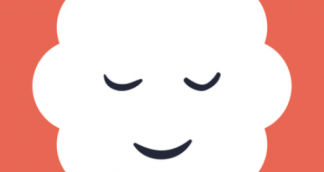
MyLife is a meditation and mindfulness app that helps you find your quiet place.
Features include:
- Daily emotional check-in
- Personalised recommendations

Self-Help for Anxiety Management (SAM) targets individuals experiencing symptoms of anxiety.
Features include:
- Activities involving reflection and action
- Information on anxiety, relaxation and taking small steps

Forest app is the best cure for procrastination, helping you stay away from your smartphone.
Features include:
- Helps beat phone addiction and overcome distraction
- Encourages you to stay attentive and track your focused moments
- Turns your focused moments into a forest
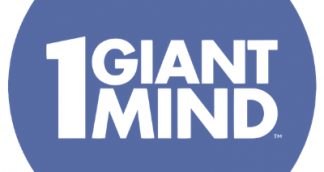
1 giant mind is a free meditation app suitable for beginners.
Features include:
- Learn to meditate in 12 easy steps
- Make meditation a daily habit with the 30 day challenge

Daylio is a mood tracker app which focuses on a simple approach.
Features include:
- 5 basic moods with emojis to illustrate
- Measures your mood to see what influences your life the most
- Visualization functions that allow you to see the trends in your mood.
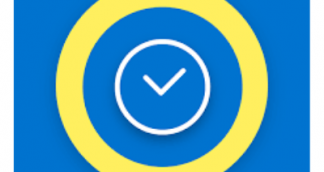
Reachout aims to interrupt repetitive thinking by setting aside your worries until later.
Features include:
- When a worry comes up, add it to WorryTime and get on with your day
- Use your WorryTime to review worries you’ve added and ditch the ones that no longer matter to you

Smiling Mind brings balance through the practice of daily meditation and mindfulness.
Features include:
- Dedicated youth programmes
- Evidence based – mindfulness is proven to lead to better attention, memory, regulation of emotions and self-awareness

